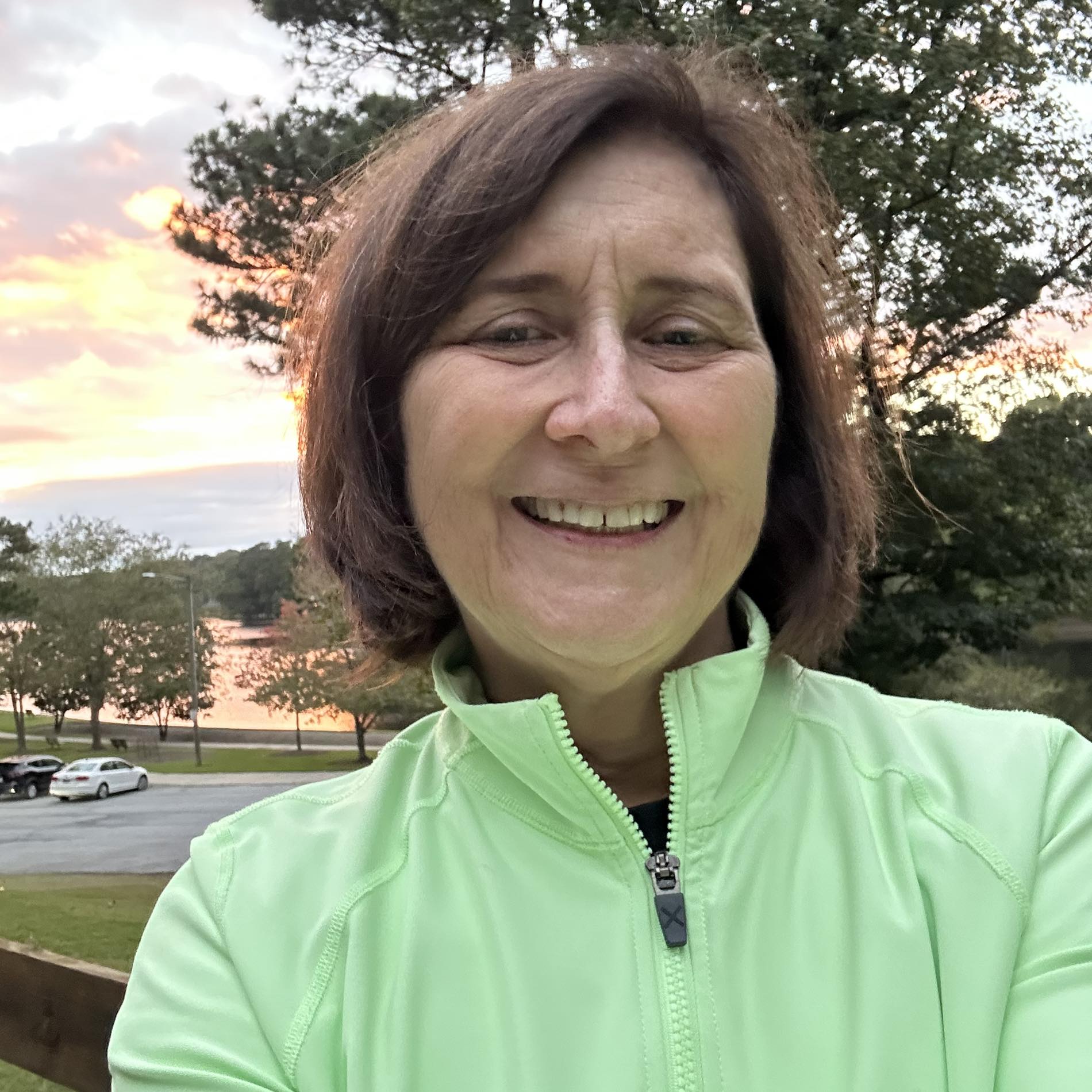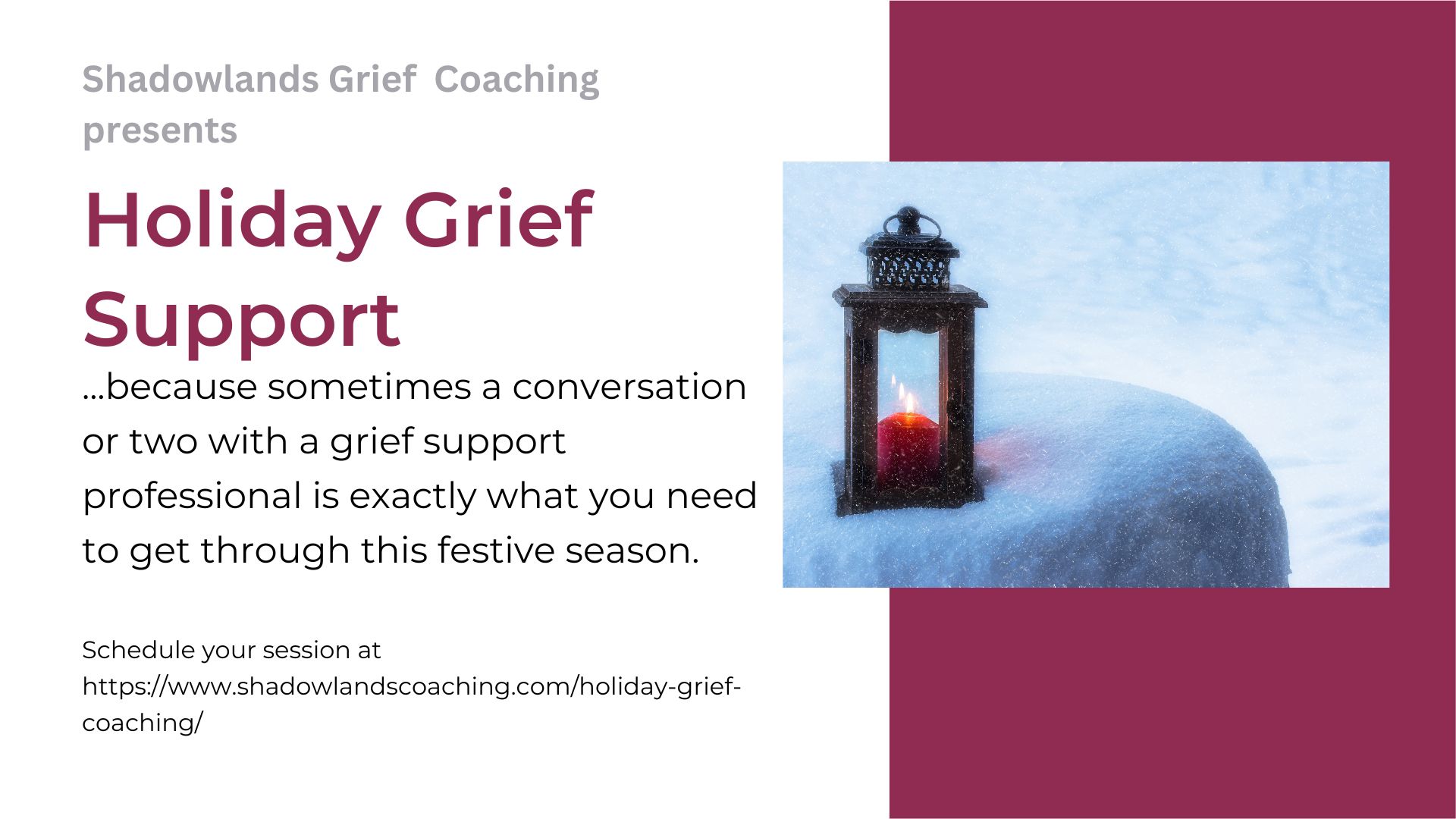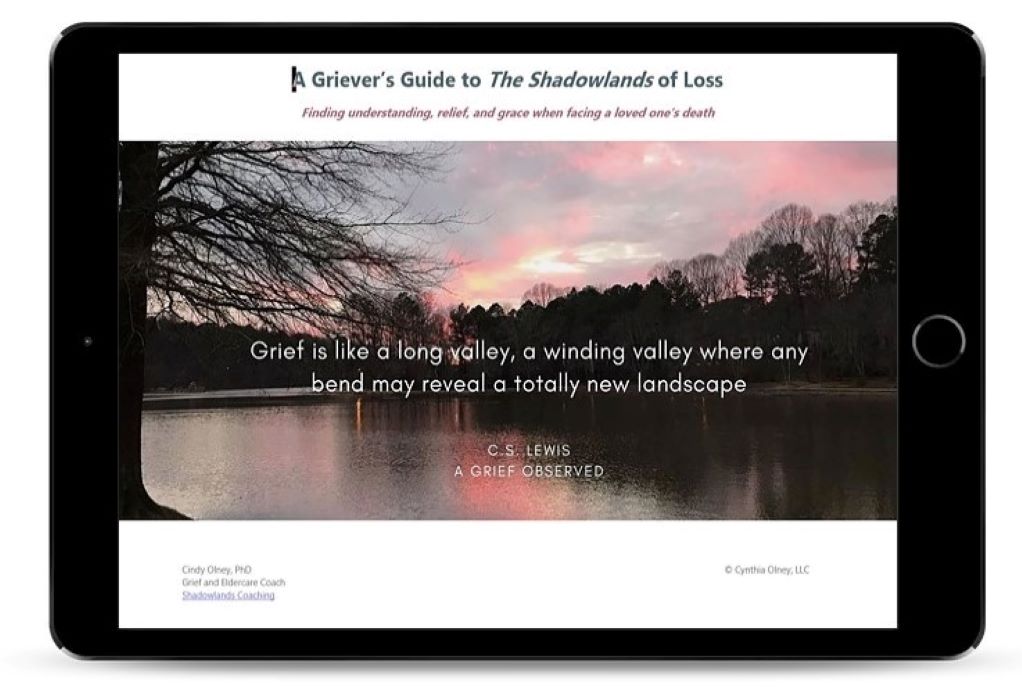'Tis the season to be…
Lonely.
Are you like me? Prone to loneliness during the winter holidays?
We aren't alone. A survey conducted by the National Alliance on Mental Illness found that 66% of people reported feeling lonely during the holiday season.
Many factors can contribute to the holiday blues.
Caregiving responsibilities or our own fragile health may prevent us from socializing. Money or work constraints can keep us from traveling to be with loved ones.
Breakups and divorces. Dysfunctional family dynamics. Job loss. All feel worse during the holidays.
Sometimes we simply feel lonely because our lives never measure up to the Hallmark version of the holidays. And that brings us down.
But there's one thing for sure: your loneliness is trying to tell you something.
As with all emotions, loneliness is always alerting you to something related to your needs. And it includes a call to action.
If we decode the message, we'll know how to resolve it.
So, as the holidays are upon us, there's no time like the present (pun intended) to figure out what loneliness is trying to tell us.
The Message of Loneliness
When I'm trying to understand an emotion, I always turn to The Language of Emotions by emotional expert Karla McLaren.
McLaren offers a surprising analysis of loneliness: It isn't an emotion at all.
It's a drive.
In its simplest form, loneliness acts as a drive toward connection, and we feel lonely when we want and need to be with people. ~ Karla McLaren, The Language of Emotions
Drives are biological motivators to take care of our survival needs.
Our best response to a drive is to satisfy it. If you're hungry, eat. If you're thirsty, drink.
If you're lonely, connect with other people.
Now, you may wonder if social connection is really as important to humans as food and water.
In fact, it is that important.
Long-term social isolation is linked to heart disease, type 2 diabetes, depression, and cognitive decline. The CDC considers it a health risk on par with smoking and obesity.
So, loneliness is an early warning sign designed to protect you from social isolation.
Get Out of The House
Now you may be thinking, "I don't have anybody to connect with."
But think again.
Almost eight billion people share this planet.
You don't need to know them well to feel socially connected to them. In fact, they can be complete strangers. If it's an upbeat crowd, you'll feel better just rubbing elbows.
Although a smile, eye contact, and some friendly chitchat will help exponentially.
The nice thing about the holidays is that most people are in an open-hearted mood. Public events feel more welcoming and inclusive this time of year.
Here are a few options, although I'm sure you can think of more:
- Faith-based events, even if they're different from your religious background
- Winter sports, where you can be a participant or spectator
- Outdoor holiday displays
- Holiday gift markets and bazaars
- Seasonal theatre and concert events
- Public library book readings or book clubs
- Holiday classes
Or visit a familiar haunt, like "your" local diner or coffee shop.
Confession: I go to my Trader Joe's when I need a dose of friendliness. It's my version of Cheers. I may not know everybody's name, but I know their faces. The amiable workers have been there for years. And during the holidays, they're known to pass out a treat or two.
No one ever feels alone in a bookshop. ~ Julie Christie, narrator in The Bookshop (2017 film)
Make a Plan
If you know you're prone to holiday loneliness, make a plan.
Put together a list of the things you love about the holidays. Then schedule time to engage with them.
For instance, I love holiday lights. I tour my neighborhood, nearby town squares, and city locations in search of the best displays.
I also love comedy. My husband and I faithfully attend an improv show that parodies those sappy Christmas movies that air this time of year. The same actors perform. The audience is full of us regulars. It's like an annual high school reunion.
If you're drawn to Christmas trees, visit an international display at a local museum. If you like music, go to community or church choir performances or singalongs. If you're outdoorsy, seek out winter hiking events or special programs at local nature centers or parks.
If no activities come to mind, consider this your year to explore your interests.
In a few years, some of these activities will turn into holiday traditions. And they'll keep holiday loneliness at bay.
Get Creative
Creativity is a great way to get our minds off loneliness and into the present moment.
If you like crafts or cooking, create some things to share. Drop off some cookies to neighbors. Pass out ornaments to co-workers.
Seek out local holiday classes to hone your skills. There's something about the creative spirit that lowers social boundaries among classmates. It makes quick friends out of strangers.
Reach Out
Remember, you aren't alone in your loneliness. Making the effort to connect with others can make you and them feel better.
Send Christmas cards. Call distant family members, particularly older ones. They may not get out as much during the holidays. A call from you may mean the world to them.
Say hi to your neighbors. Offer a hand, if the opportunity arises.
Step up to volunteer your time. Offer to help with your workplace's holiday party. Or get involved with a community or church toy or food drive.
You can also show up on social media.
Keep an eye out in your social groups for people who are struggling. I belong to several Facebook communities for caregivers and bereaved people. There's always an opportunity to offer love, support, and prayers to someone in those groups.
Sometimes just a little bit of initiative to ease other peoples' loneliness is a powerful anecdote for your own.
Use Your Imagination
Our powerful imaginations can even help us feel connected to others who aren't physically with us. We can even feel connected to loved ones who've passed.
In her book The Enlightened Brain, psychologist and researcher Lisa Miller describes a visualization called 'awakened connection."
Close your eyes and picture yourself at a conference table. Invite to the table people (alive and deceased) who love you and want the best for you. Then, invite a higher version of yourself to come to the table. Finally, invite your higher power, however you imagine it.
Visualize this entire group around the table, right there with you. Ask them if they love you. And then ask, "What do you have to tell me?"
Miller has found that this exercise is powerful with people from all walks of life. You don't even have to believe in the afterlife or existence of God to be boosted by this visualization. You just have to suspend belief. Which is something you do every time you allow a novel or fictional movie to touch you deeply.
Loneliness versus Solitude
While involuntary social isolation is dangerous, sometimes solitude is necessary.
Introverts need alone time to recover from bouts of sociability. They strive to find the right balance of socializing and solitude.
Grieving people may be drawn to solitude as well.
If you're grieving, the holidays can feel too boisterous and fast-paced. Events can be rife with sadness triggers. Celebrations make you feel like the world has moved on without you. You fear you'll bring down the mood or lose emotional control.
So, trust your instincts. Give yourself grace when you push yourself beyond your limits.
Lean on your good grief companions to give you the right dose of connection when you need it.
And, if your grief is particularly fresh or overwhelming, consider talking with a grief-informed professional, like a coach or therapist. They can help you navigate this difficult season.
Invest in Relationships
If you struggle with loneliness throughout the year, I urge you to attend to it.
Add "build social connections" to your New Year's resolutions.
Most activities in this post can be used year-round. They're a good place to start for overcoming chronic loneliness.
But you may find you could use some support in building up your social connections.
Making friends and creating social networks gets harder as we age. Especially if we're rebuilding a social life after losing a life partner.
Socializing among unfamiliar people can feel risky and overwhelming, especially if you're still coping with a significant loss.
A life coach like me can help you move forward. I can teach you how to overcome your inner resistance and step out of your comfort zone. Help you build momentum in meeting others. Support you in creating a team of supportive friends who show up to share fun and tough times.
In 2024, commit to nurturing existing relationships and creating new ones.
Because we all need friends. They're as critical to our survival as food and water.
And they're the absolute best buffer against holiday loneliness.
You're in my heart.
Need Some Holiday Support?
Through December 2023, I'm offering one-time holiday grief support sessions for anyone feeling low in this festive season. This is for anyone struggling with fresh grief, lingering sadness over the absence of a loved one, or unexpected sorrow from a loss other than a loved one's death. Learn more about this special offer here. (Limit one session per customer) Offer available for purchase through January 10.
Questions about Coaching? Let's chat!

Are you struggling with the anticipatory grief or burnout that comes with the family advocate/caregiver role? Coaching can give you the tools and support that can make this life challenge easier. I help you connect with your own wisdom and strength to manage one of the hardest phases of life. You don't have to navigate this alone. Let's chat. Click here to schedule a call or drop me a note by “replying" to this email.
(Also, you're welcome to set up a chat if you want to meet me before referring me to someone else.)
Download My Griever's Guide
Have you recently lost someone dear to you? Or are you worried about someone who has? Download your copy of A Griever's Guide to The Shadowlands of Loss. It covers some key elements to grieving and a few helpful strategies that can ease your experience of grief.
Enter your text here...

